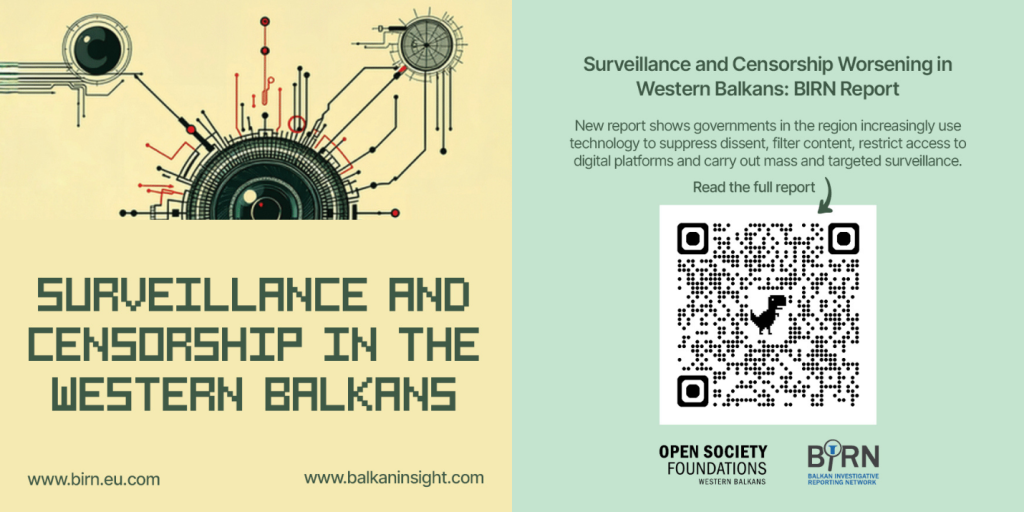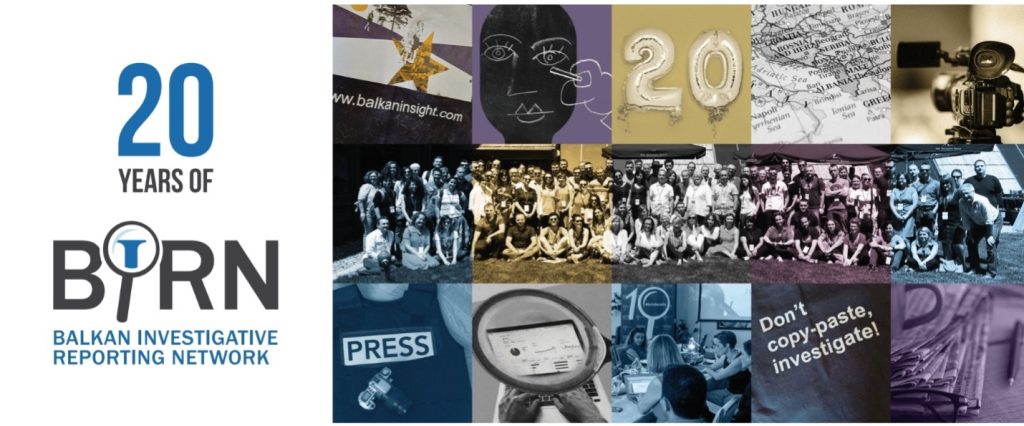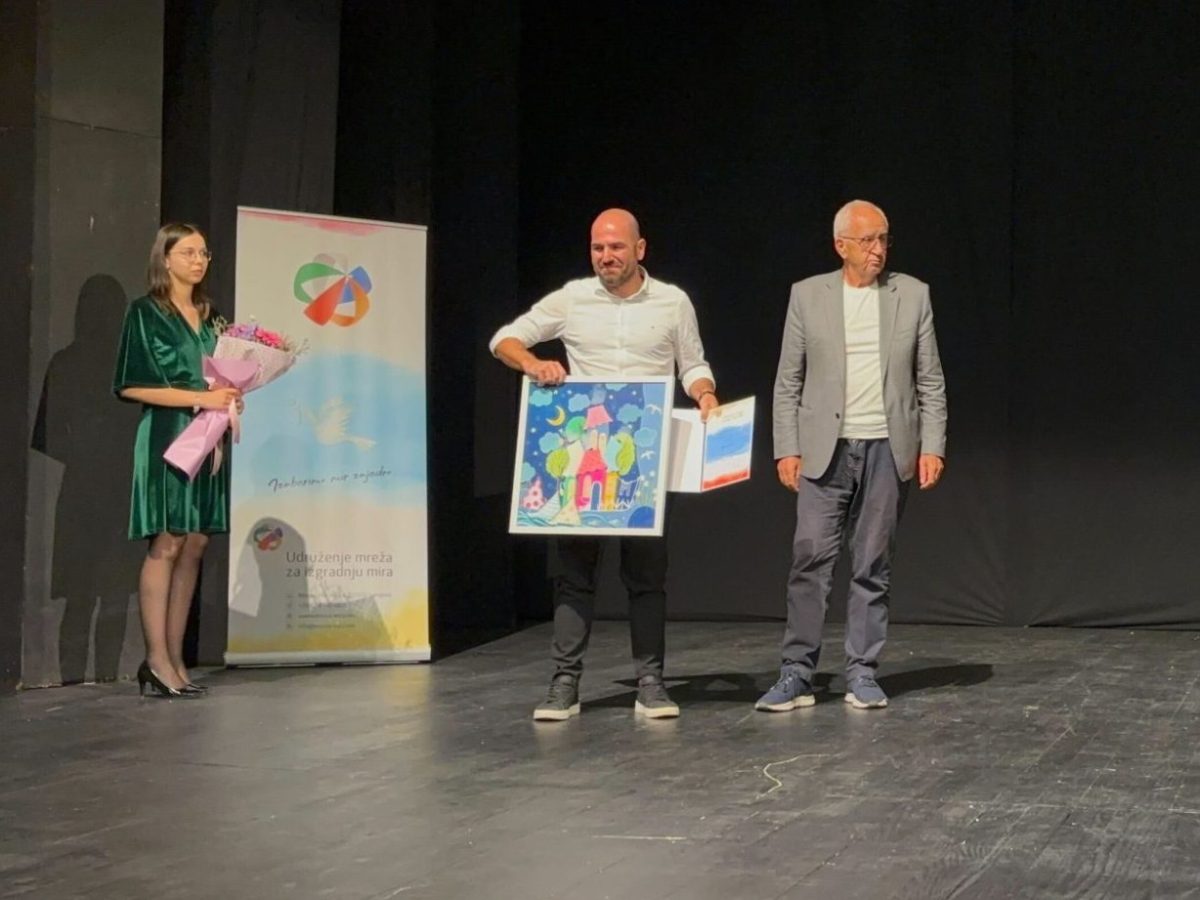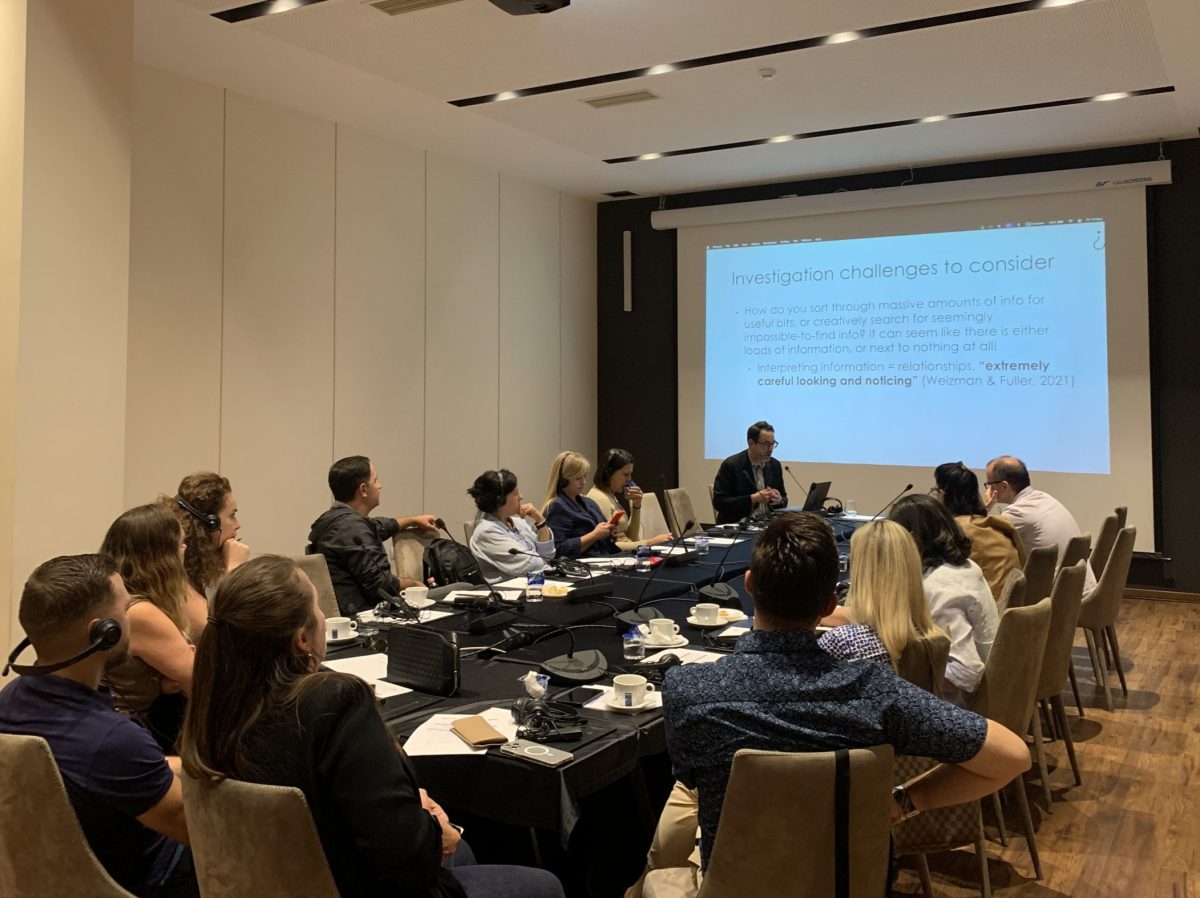The workshop opened with a discussion where representatives of local CSOs shared insights into their current work and areas of interest in Preventing and Countering Violent Extremism (P/CVE) and Rehabilitation and Reintegration (R&R). This was followed by a presentation from Kreshnik Gashi – Member of the Working Group for the National Strategy and Menaging Editor at Kallxo.com, who examined how different forms of extremism and terrorism have developed in Kosovo over the years, with a particular focus on specific locations.
Labinot Leposhtica, head of BIRN Kosova’s legal office, presented the National Strategy for Preventing and Countering Terrorism 2023–2028, highlighting its Action Plan. The presentation sparked important discussions with participants from municipalities across Kosovo, emphasizing the role of CSOs in implementing and monitoring the strategy at the local level.
The second part of the workshop focused on practical approaches. Kreshnik Gashi guided participants through the process of developing ideas, programs, and projects in P/CVE and R&R and concrete examples were provided on potential subfields where future initiatives could focus, particularly in monitoring the implementation of the national strategy at the municipal level- with an emphasis on prevention initiatives and ideas.
A total of 17 participants attended the one-day workshop, including 7 women.
Throughout the sessions, participants were highly engaged, emphasizing the importance of such workshops in enhancing their knowledge of P/CVE, R&R, and other forms of extremism. They noted that this kind of training serves as a valuable referral mechanism to strengthen their work at the local level.
This workshop was organized within the framework of the Resilient and Inclusive Community Programme, supported by GCERF.



















